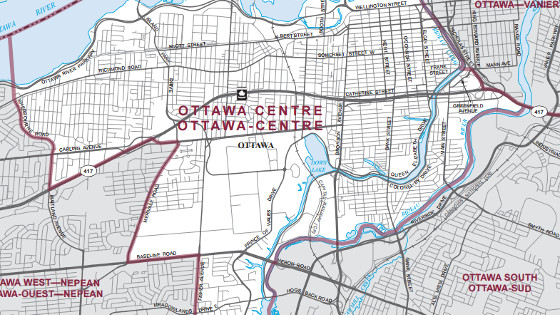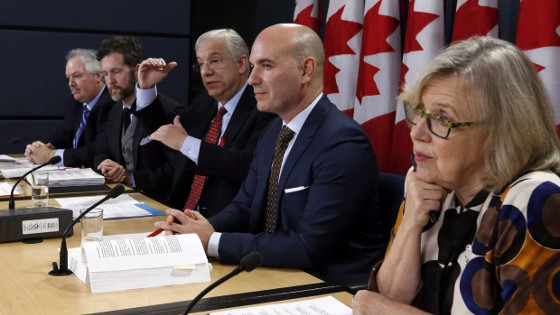2015: A Promise Made
In 2011, the Liberal Party won 11% of the seats in parliament with 19% of the popular vote, record lows on both counts. The Conservatives won 54% with 40%, record highs since their 2003 merger.
When a party wins a majority of seats without a majority of votes, it's called a false majority.
Leading up to the 2015 election, Trudeau had the following to say about the Conservative party's disproportionate power:
We need change. We need to know that when we cast a ballot, it counts. That when we vote, it matters. So I'm proposing we make every vote count.
On October 5th, 2015, the party released the details of their platform officially including electoral reform.
We are committed to ensuring that 2015 will be the last federal election conducted under the first-past-the-post voting system.
So what's wrong with how we vote?
When Trudeau says I'm proposing we make every vote count
, that implies some votes don't count. And he's right.
Under non-proportional systems like first-past-the-post, significant portions of Canadians have no voice in parliament while others have more than their fair share.
19% of the vote winning 11% of the seats means a large chunk of Canadians are underrepresented.
We need a system where everyone can agree the process is fair even if the results don't go in their favor.
If you support a system that disenfranchises people you don't like and turbo-franchises people you do — then it doesn't look like you support representative democracy; It looks like you support a kind of dictatorship lite. Where a small group of people (including you) makes the rules for everyone.
2015's False Majority
Election night, October 19th, resulted in the Liberals rebounding from their 2011 defeat, winning a 54% of the seats with 39% of the vote.
The promise to make every vote count
was made while underrepresented. So how does a party hold on to disproportionate power after a promise like that?
I'm very aware that the decision we take on electoral reform — we as a country — will have long-reaching implications over the next generations. Because you don't change your parliamentary system very quickly or easily. And my long-term focus is getting the right system for Canadians. And it's not up to any one person, even if it's the prime minister, to define exactly what that right system is.

